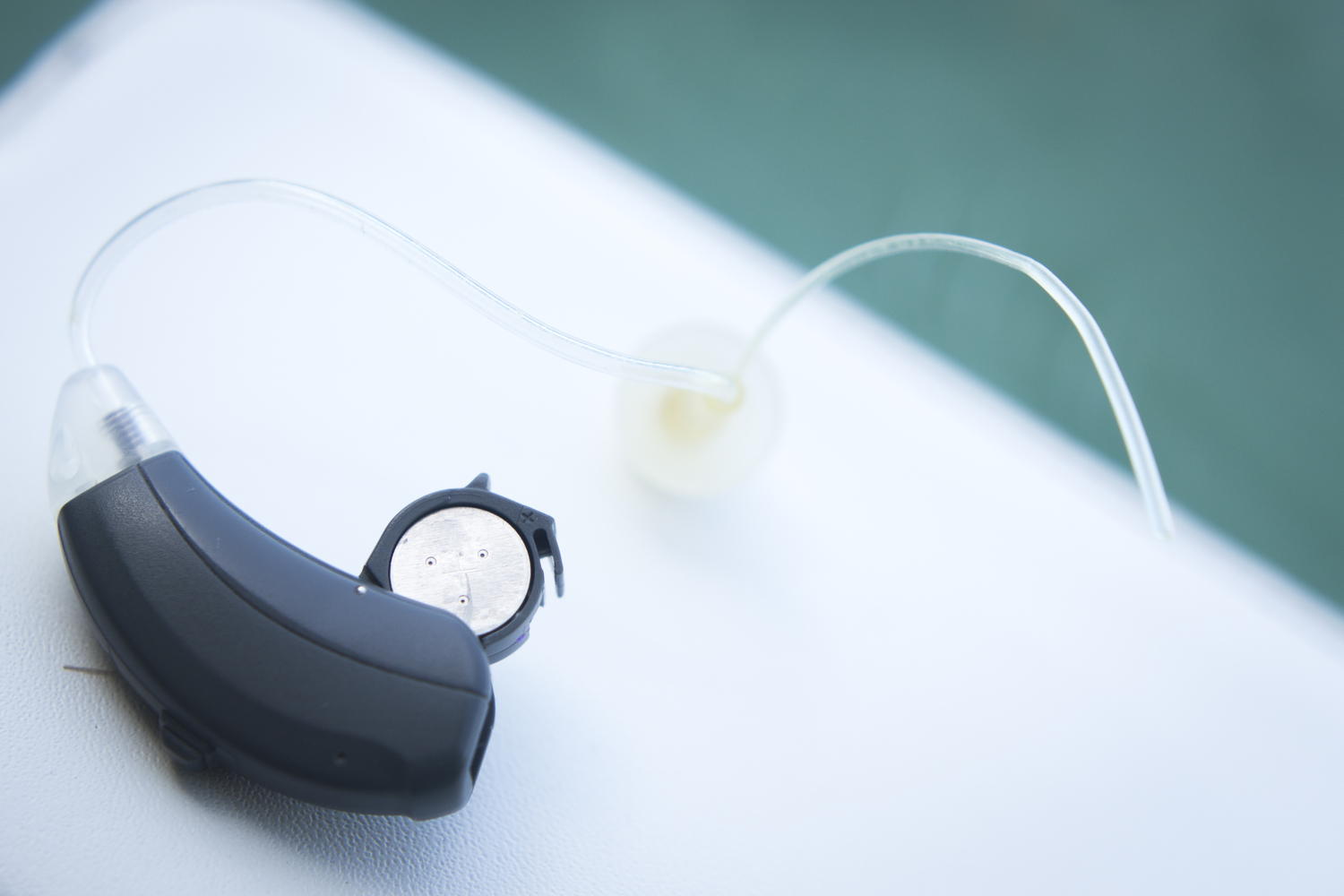
Hearing loss affects a huge part of the American population. But hearing aids can be extremely costly, causing many to leave their hearing issues untreated.
Whenever a person thinks about health and well-being, do they count their ears as well? Hearing disability affects the normal functions of a human body. It can significantly impede interaction and conversation. Thus, it can also be associated with depression and dementia.
Only a small percentage of people with hearing disabilities use hearing aids, while others are unaware of their hearing problem or simply cannot afford a hearing aid. The ones who are unaware are obviously not able to access the help they need. Hearing aids are not generally covered by medical insurance and this makes it difficult for people to pay for it out of their own pockets.
However, a law was passed by Elizabeth Warren Buffet in 2017, the Over the Counter (OCT) Hearing Aid Act, that provides hearing aids of various specifications at lower costs. Traditional hearing aids cost around $1600 to $8000 with an average cost of $4700. But with the new OTC options, hearing aids could be as low as $600 or even start at $200.
Even though the OTC options will finally make hearing aids affordable, there are bound to be some hurdles for consumers and audiologists along the way.
FDA and OTC Approval
The Food and Drug Association (FDA) is responsible for validating and approving OTC hearing aids for the consumers. There are some existing OTC hearing aids provided by the FDA but aren’t under the OTC act yet. As of now, there is no language to distinguish and identify hearing aids and personal sound amplification products.
The FDA is expected to provide the required language for hearing aids by the end of this fall. They will include loudness, labeling, tuning and much more.
Providing OTC hearing aids is easy but providing the right support for these hearing aids is also essential.
OTC Hearing Aids Challenges
Adjusting hearing aids is more difficult than adjusting your vision. This makes it much more challenging to tune hearing aids for a person.
Before the specialists’ set the hearing aid, they have to test the hearing of the patient from 125 hertz to 8 kilohertz for general speech to various sounds and music. Due to different ear canal structure, each person will have their own frequency threshold and comfort level.
People with hearing aids need some time to get accustomed to the new increased sound input. Their brain has already been adjusted to low sound and it suddenly finds itself exposed to regular volume. Self-tuning will not be effective as the patient has already been normalized with the hearing disability. People who purchase OTC hearing aids will not visit the audiologist to set their hearing aids.
Hence, audiology clinics should provide OTC hearing aids and set them for the patient. The patient can also come back for any support or issues.
Visit an Audiologist
Before you purchase an OTC hearing aid, make sure to visit an audiologist. Self-tuning your hearing aid is not as effective as visiting an audiology clinic and having them tune it for you.








